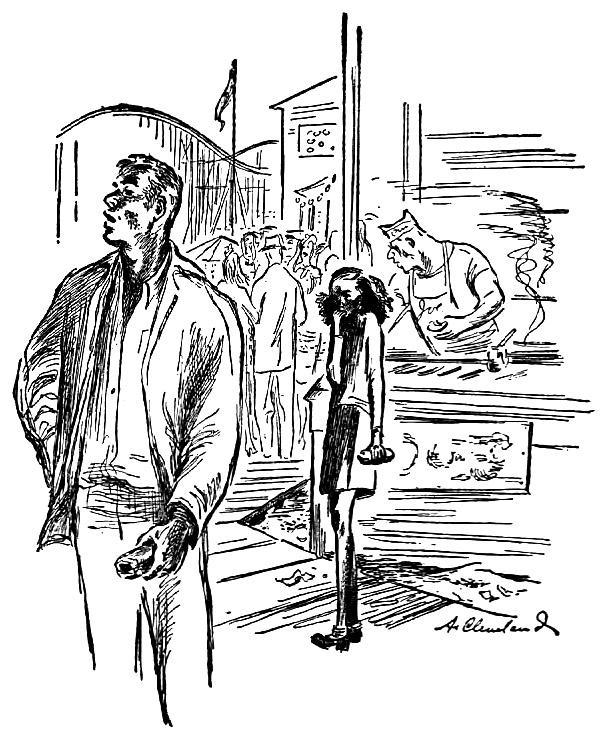
As troubling as any hunt for bodies is, the real issue for Japan is the living. Adults relying on their parents’ retirement income is just one of many painful social distortions Japan’s long economic stagnation has produced. Among the others: a declining marriage rate, an increase in adults living with their parents, and a birth rate so low that many demographers fear it may never recover. These shifts have created a negative, self-perpetuating spiral for the world’s third-largest economy. Other developed countries that are struggling to create jobs, like the United States, should take note. —“The Rise of the Parasite Singles,” Alexandra Harney, Slate
The Delillo Mandate;
digital glossies, San Fran coffees, and other flavors of publishing myth-makery;
mother, mother, mother, mother, and so forth
To dance—the yen that sometimes overwhelms. “Dance with me,” I used to beg my old dog Sheba when the glory and perfect time of the Basie band or Petrushka or Piazolla’s tangos washed over me, and Sheba would rise patiently from her rest to indulge me, putting her forepaws into my extended hands. We managed a few decent steps, but when we grew even older together, Sheba had other things in her mind’s eye. She came reluctantly to the dance, pretending to follow for a few moments, humoring me only briefly before pulling her paws away to return to her rest. I shambled on by myself until I wearied and lay down beside her on the couch to join her nap. I don’t know what Sheba dreamed, but I dreamed of dancing. Now she is gone. —“Dream Dancing,” Paul Zimmer, Georgia Review
Exile of the ethics czar;
green poop rider;
when is it wrong to eat your imaginary friend (when you’re a “meat-sadist”)?
the corner will break you
For our ancestors, natural was something quite nasty. Natural often tasted bad. Fresh meat was rank and tough, fresh fruits inedibly sour, fresh vegetables bitter. Natural was unreliable. Fresh milk soured; eggs went rotten. Everywhere seasons of plenty were followed by seasons of hunger. Natural was also usually indigestible. Grains, which supplied 50 to 90 percent of the calories in most societies, have to be threshed, ground, and cooked to make them edible. So to make food tasty, safe, digestible, and healthy, our forebears bred, ground, soaked, leached, curdled, fermented, and cooked naturally occurring plants and animals until they were literally beaten into submission. They created sweet oranges and juicy apples and non-bitter legumes, happily abandoning their more natural but less tasty ancestors. They built granaries, dried their meat and their fruit, salted and smoked their fish, curdled and fermented their dairy products, and cheerfully used additives and preservatives—sugar, salt, oil, vinegar, lye—to make edible foodstuffs. —“In Praise of Fast Food,” Rachel Laudan, Utne Reader excerpted from The Gastronomica Reader


